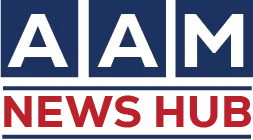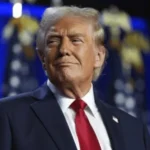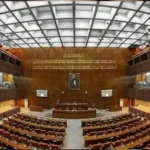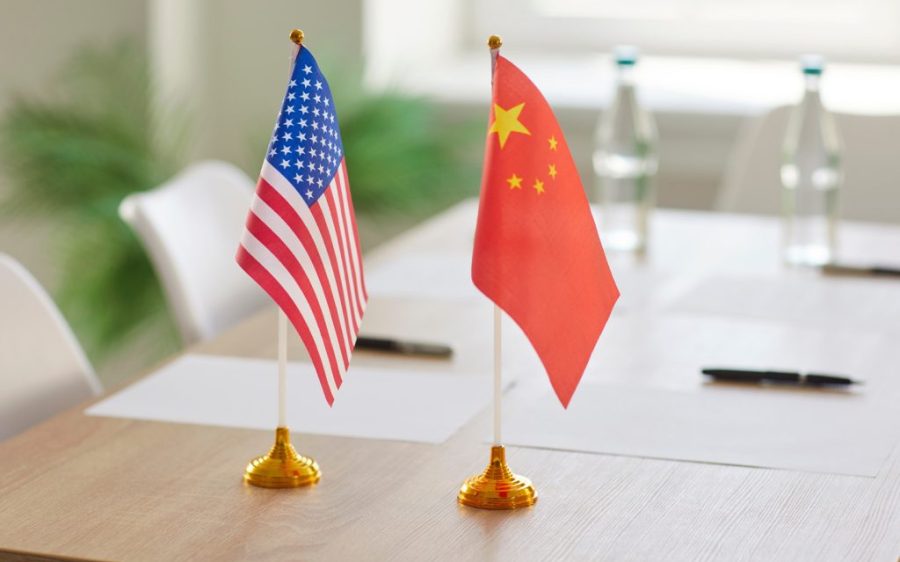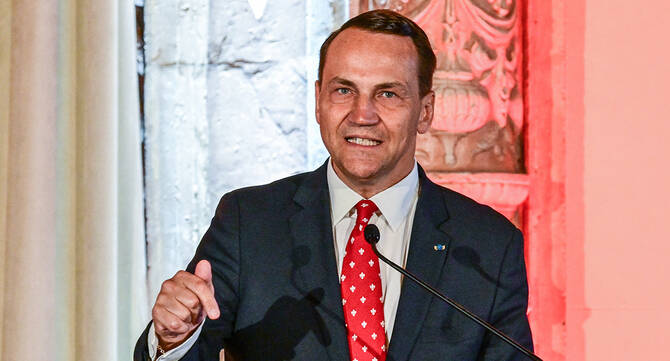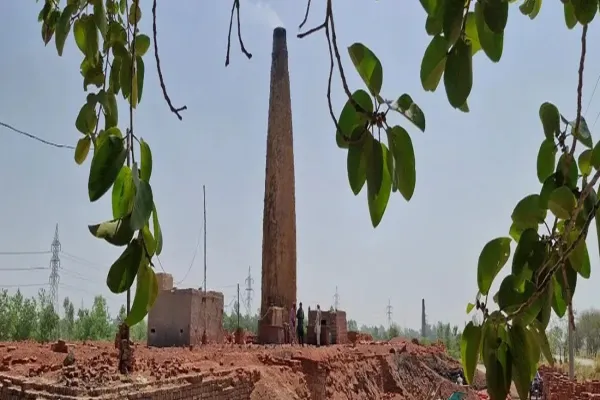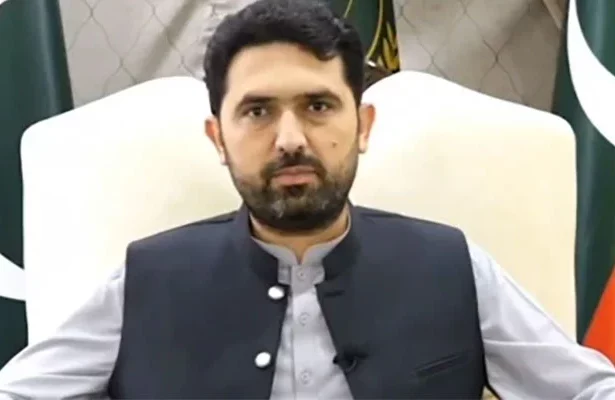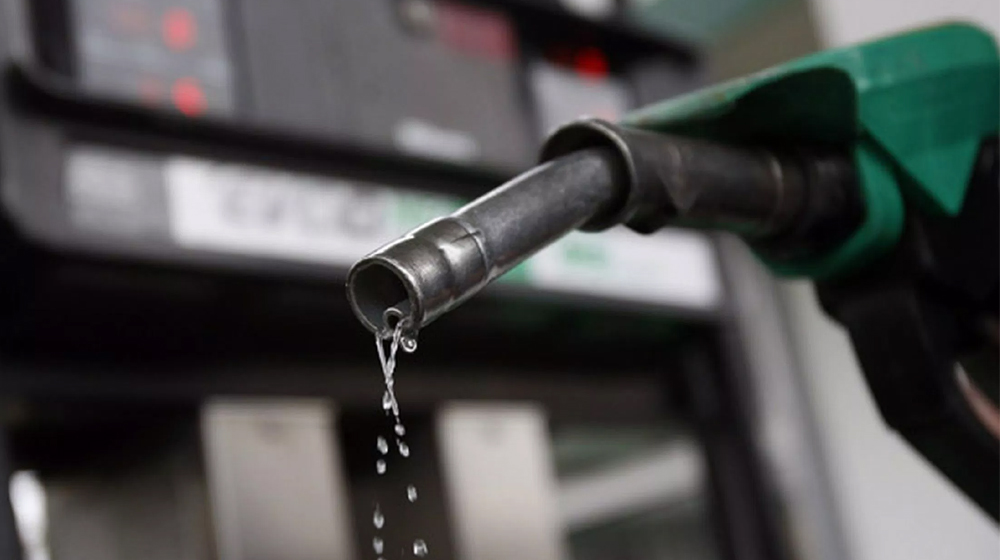Trump cleared his stance on defence commitment. He denied giving defence aid to those NATO allies that don’t pay for their defence. Trump’s clear-cut stance on defence aid: Donald Trump has raised doubts about defending NATO allies. He stated that the U.S. should not protect nations that do not contribute enough to their defense. On …
Trump Questions NATO Defense Commitment Amid Global Tensions

Trump cleared his stance on defence commitment. He denied giving defence aid to those NATO allies that don’t pay for their defence.
Trump’s clear-cut stance on defence aid:
Donald Trump has raised doubts about defending NATO allies. He stated that the U.S. should not protect nations that do not contribute enough to their defense. On Thursday, he spoke in the Oval Office and clearly announced, “If they don’t pay, I’m not going to defend them.” He reiterated, “No, I’m not going to defend them.”
Trump’s long-standing view on NATO spending:
Trump has held this view for years. During his presidency from 2017 to 2021, he pressured NATO members to increase defense spending. His efforts led to more contributions, but, according to him, “even now, it’s not enough.” He insisted that NATO countries “should be paying more.”
Also Read: Trump Establishes Strategic Bitcoin Reserve To Strengthen US Economy
Concerns over U.S. commitment to NATO:
Many global leaders expressed concerns about Trump’s defense-related stance, which suggests a change in US foreign policies. They reassured their commitment to defense. NATO Secretary General Mark Rutte addressed these concerns. He said that the transatlantic partnership remains the bedrock of our alliance. Moreover, he stressed that European nations must increase defense spending.
Doubts about NATO’s support for the US:
Trump asked whether France and a few other countries would come to support America in times of need. He said that you might think they will come forward. But for me, I am not so sure. He also acknowledged NATO’s potential benefits. However, he criticised the alliance’s economic policies.
Trump reaffirmed U.S. commitments to NATO last week. He also expressed support for the alliance’s mutual defense agreement while standing with British Prime Minister Keir Starmer.
Trump’s warning to Iran:
Trump issued a warning to Iran. He urged Iran to engage in nuclear negotiations or face possible military action. Trump revealed that he sent a letter to Iranian officials. He urged them to negotiate to prevent the development of nuclear weapons. He warned Iran during a Fox Business Interview, “If we have to go in militarily, it’s going to be a terrible thing for them.” He, however, said, “You can’t let them have a nuclear weapon.”
Iran’s response:
Iran has denied receiving such a letter. On Friday, its representatives in the United States stated that they had not received any official communication from the US. In 2015, world powers and Iran signed the Joint Comprehensive Plan of Action (JCPOA). The deal restricted Iran’s nuclear activities in exchange for sanctions relief.
In 2018, Trump withdrew the US from the JCPOA. He called it a “bad deal” and reinstated heavy sanctions on Iran. Tehran initially followed the agreement but later scaled back its commitments.
